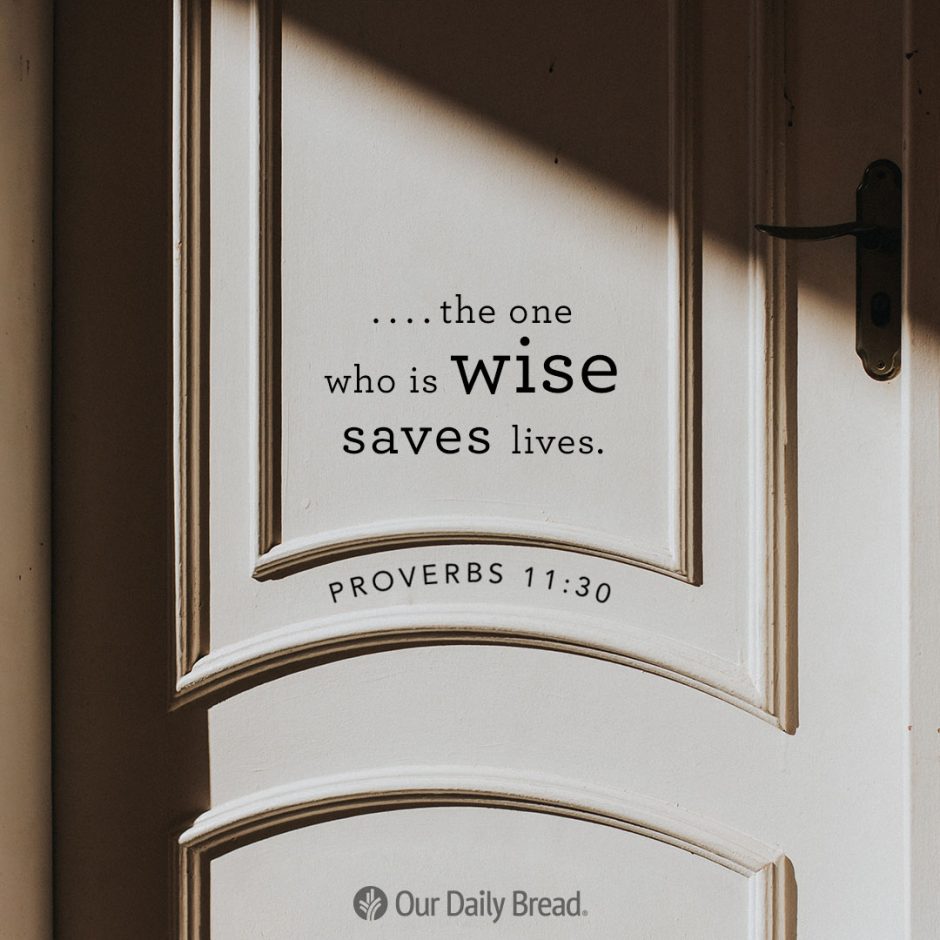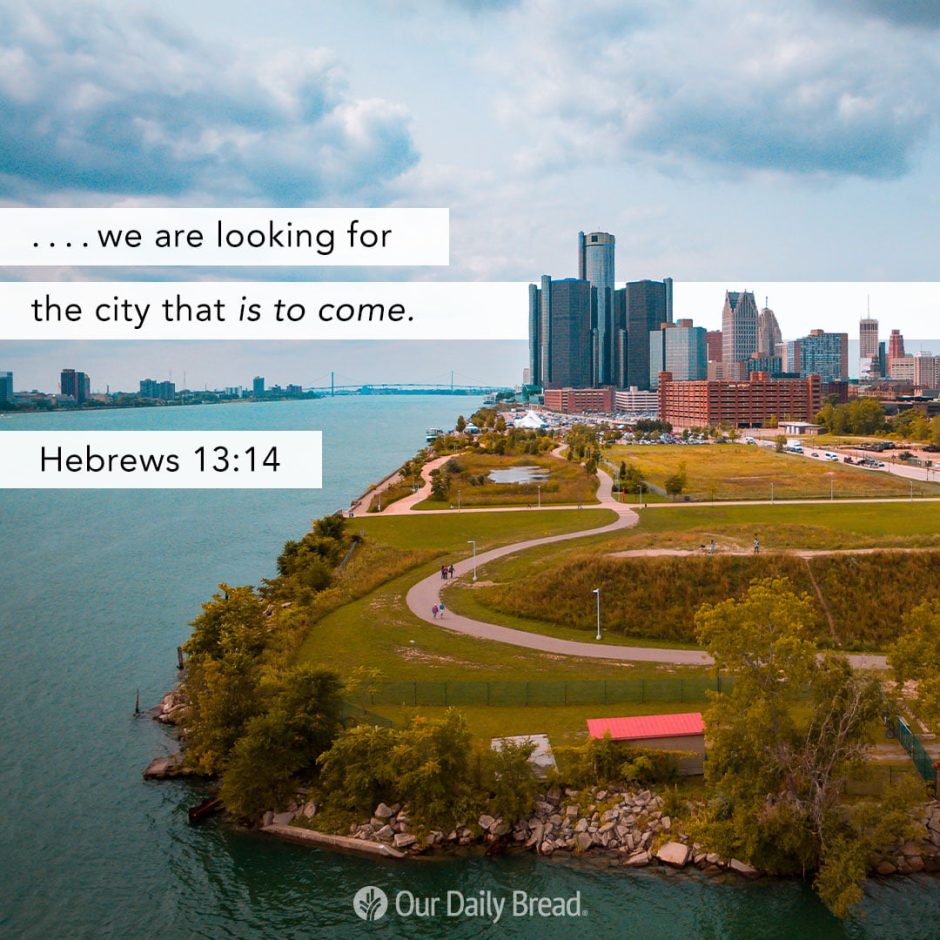
The Righteous City
On New Year’s Eve 2000, officials in Detroit carefully opened a hundred-year-old time capsule. Nestled inside the copper box were hopeful predictions from some city leaders who expressed visions of prosperity and technology. The mayor’s message, however, offered a different approach. He wrote, “May we be permitted to express one hope superior to all others . . . [that] you may realize as a nation, people, and city, you have grown in righteousness, for it is this that exalts a nation.”
More than success, happiness, or peace, the mayor wished that future citizens would grow in what it means to be truly just and upright. Perhaps he took his cue from Jesus, who blessed those who long for God’s righteousness (Matthew 5:6). But it’s easy to get discouraged when we consider God’s perfect standard. Even with a century of striving, we would still fall short.
Praise God that we don’t have to rely solely on our own effort to grow. The author of Hebrews said it this way: “May the God of peace . . . equip you with everything good for doing His will, and may He work in us what is pleasing to Him, through Jesus Christ” (Hebrews 13:20–21). We who are in Christ are made holy by his blood the moment we believe in Him (v. 12), but He actively grows the fruit of righteousness in our hearts throughout a lifetime. We will often stumble on the journey, yet still we look forward to “the city that is to come” where God’s righteousness will reign (v. 14).
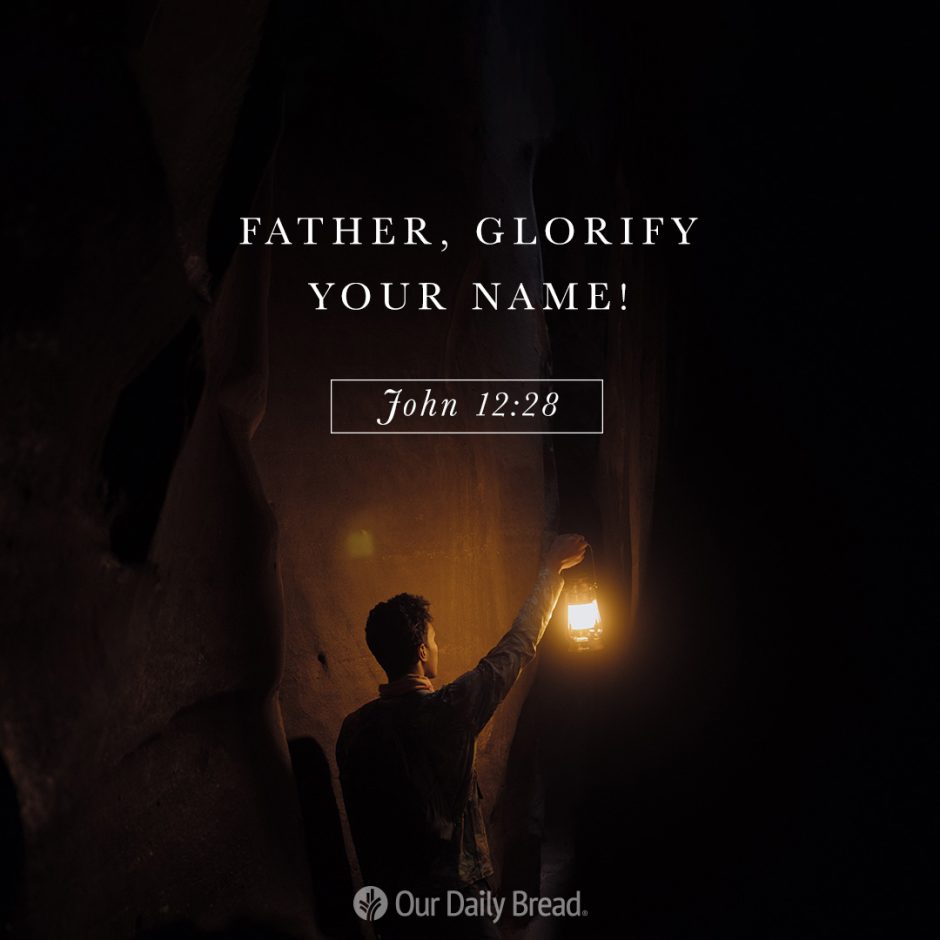
Troubled Souls, Honest Prayers
Three days before a bomb blast rocked his home in January 1957, Dr. Martin Luther King Jr. had an encounter that marked him for the rest of his life. After receiving a threatening phone call, King found himself pondering an exit strategy from the civil rights movement. Then prayers emerged from his soul. “I am here taking a stand for what I believe is right. But now I am afraid. I have nothing left. I’ve come to the point where I can't face it alone.” After his prayer, there came quiet assurance. King noted, “Almost at once my fears began to go. My uncertainty disappeared. I was ready to face anything.”
In John 12, Jesus acknowledged, “My soul is troubled” (v. 27). He was transparently honest about His internal disposition; still He was God-centered in His prayer. “Father, glorify your name!” (v. 28). Jesus’ prayer was one of surrender to God’s will.
How human it is for us to feel the pangs of fear and discomfort when we find ourselves with the option of honoring God or not; when wisdom requires making hard decisions about relationships, habits, or other patterns (good or bad). No matter what we’re faced with, as we pray boldly to God, He’ll give us the strength to overcome our fear and discomfort and do what brings glory to Him—for our good and the good of others.
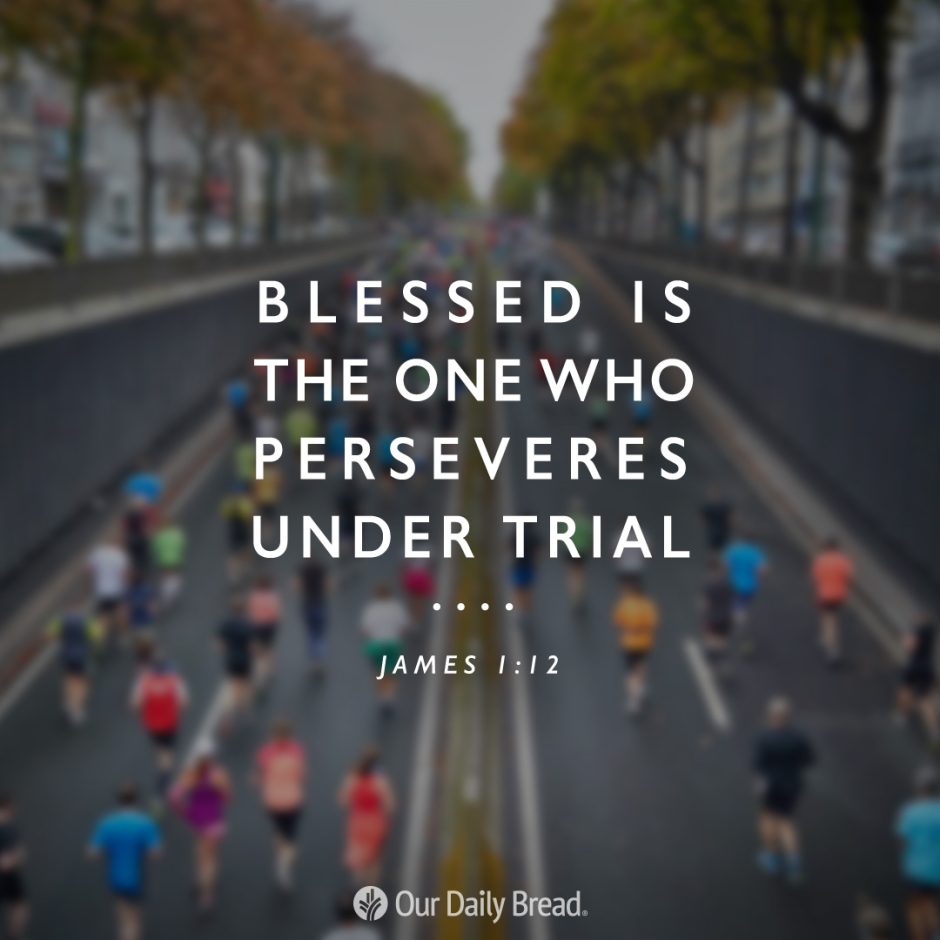
The Crown of Life
A twelve-year-old named LeeAdianez Rodriguez-Espada was worried that she’d be late for a 5K run (just over 3 miles). Her anxiousness led her to take off with a group of runners fifteen minutes earlier than her start time with participants of the half marathon (more than 13 miles!). LeeAdianez fell in pace with other runners and put one foot in front of the other. At mile four, with the finish line nowhere in sight, she realized that she was in a longer and more difficult race. Instead of dropping out, she simply kept running. The accidental half-marathoner completed her 13.1-mile race and placed 1,885th out of 2,111 finishers. Now that’s perseverance!
While undergoing persecution, many first-century believers in Jesus wanted to drop out of the race for Christ, but James encouraged them to keep running. If they patiently endured testing, God promised a double reward (James 1:1, 12). First, “perseverance [would] finish its work” so they could be “mature and complete, not lacking anything” (v. 4). Second, God would give them the “crown of life”—life in Jesus on earth and the promise of being in His presence in the life to come (v. 12).
Some days the Christian race feels like it’s not the one we signed up for—it’s something longer and more difficult than we expected. But as God provides what we need, we can persevere and keep on running.
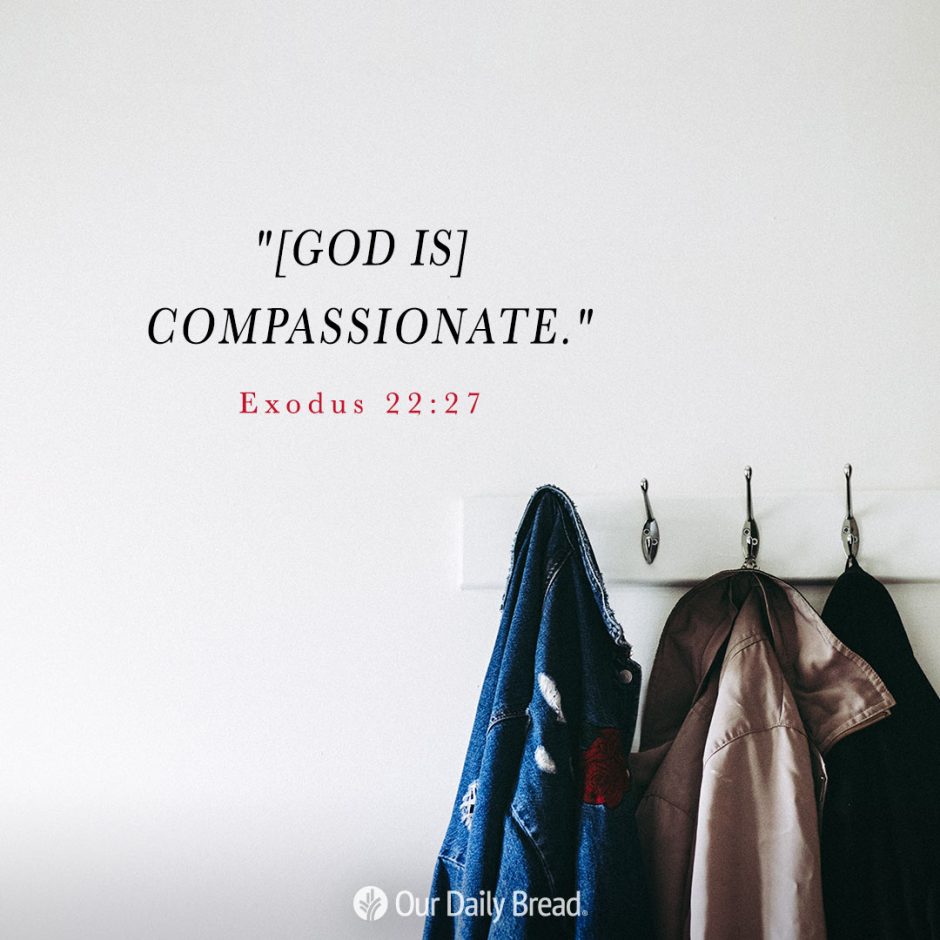
Meeting the Needs of Others
Phillip’s father suffered from severe mental illness and had left home to live on the streets. After Cyndi and her young son Phillip spent a day searching for him, Phillip was rightly concerned for his well-being. He asked his mother whether his father and other people without homes were warm. In response, they launched an effort to collect and distribute blankets and cold-weather gear to homeless people in the area. For more than a decade, Cyndi has considered it her life’s work, crediting her son and her deep faith in God for awakening her to the hardship of being without a warm place to sleep.
The Bible has long taught us to respond to the needs of others. In the book of Exodus, Moses records a set of principles to guide our interaction with those who lack plentiful resources. When we’re moved to supply the needs of another, we’re to “not treat it like a business deal” and should make no gain or profit from it (Exodus 22:25). If a person’s cloak was taken as collateral, it was to be returned by sunset “because that cloak is the only covering your neighbor has. What else can they sleep in?” (v. 27).
Let’s ask God to open our eyes and hearts to see how we can ease the pain of those who are suffering. Whether we seek to meet the needs of many—as Cyndi and Phillip have—or those of a single person, we honor Him by treating them with dignity and care.
